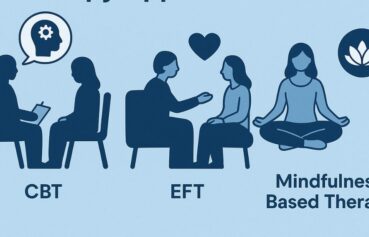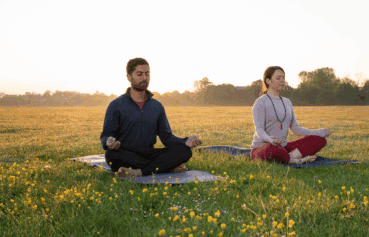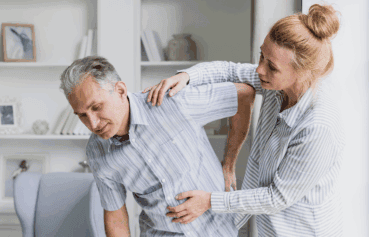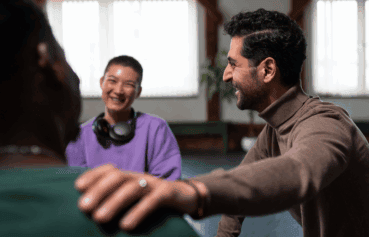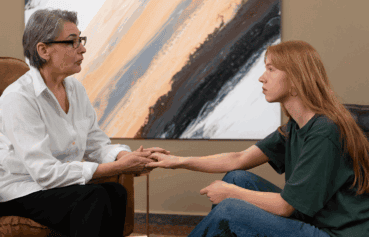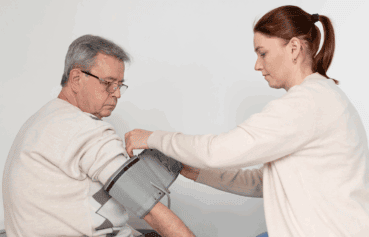Richard Therapist Online Tools Just Got Smarter
Therapy Scheduling, Tracking & Online Tools Hub
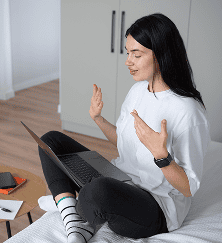

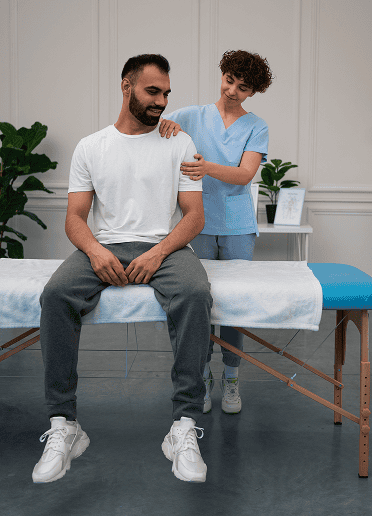
Welcome to Richard Therapist Online Care
Online Therapy Platform for Clients Who Need Support Fast
- One-Click Scheduling
- Secure Video Sessions
- Flexible Online Support
Services We Provide
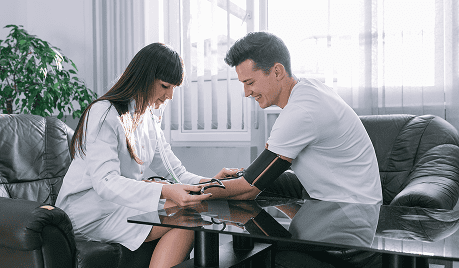
Your Complete Online Therapy Platform

Secure Online Therapy Sessions
Access online therapy in Wilmington through a secure, high-quality platform designed for privacy and ease. My setup saves you time with simple scheduling and clear communication, so you can focus fully on your care.
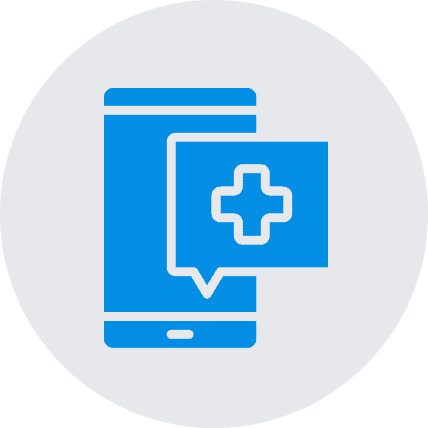
Simple, Fast Access to Online Therapy
Begin online therapy in Wilmington with easy scheduling and secure video sessions—no complicated steps or delays. Get the help you need right when you need it.

Secure Therapy Sessions & Progress Tracking
Host your online therapy in Wilmington sessions with confidence and keep track of your growth over time. My platform lets you schedule appointments, review past sessions, and follow your progress easily and securely.

Secure Online Therapy You Can Trust
Experience online therapy in Wilmington with private, reliable sessions designed to protect your information and give you peace of mind. Every appointment is secured with modern tools for confidentiality and smooth communication.
Start Online Therapy Effortlessly with Secure Virtual Sessions
Create your Personalized Therapy Experience
Benefits of My Online Therapy Services
- Flexible Scheduling Options
- Secure Video Therapy Sessions
- Private Online Counseling Platform
- Progress Tracking and Insights
- Personalized Care Plans
- Trusted Licensed Therapist Support
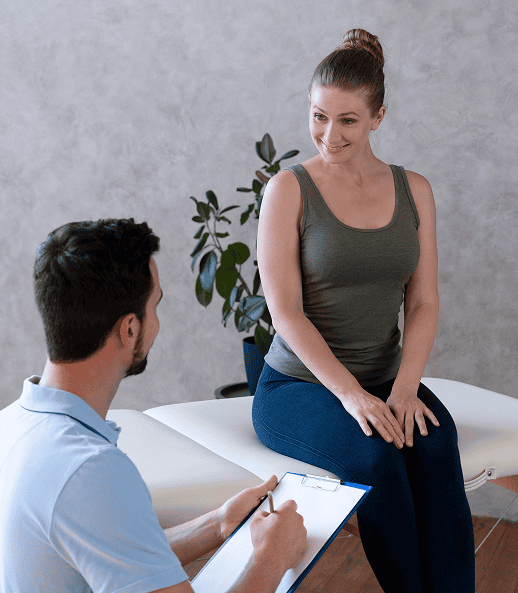

Richard is the most compassionate therapist I’ve ever met. He listened without judgment and helped me work through a very difficult time in my life. Thanks to his support, I’ve regained confidence and feel hopeful again. I would recommend him to anyone looking for real, lasting change.
Working with Richard completely changed how I see myself and my challenges. I came in feeling anxious and stuck, but his calm and understanding approach helped me feel safe right away. Over time, I learned tools to manage my stress and communicate better with my family. I’m so grateful for his guidance.
Richard Therapist Blog
